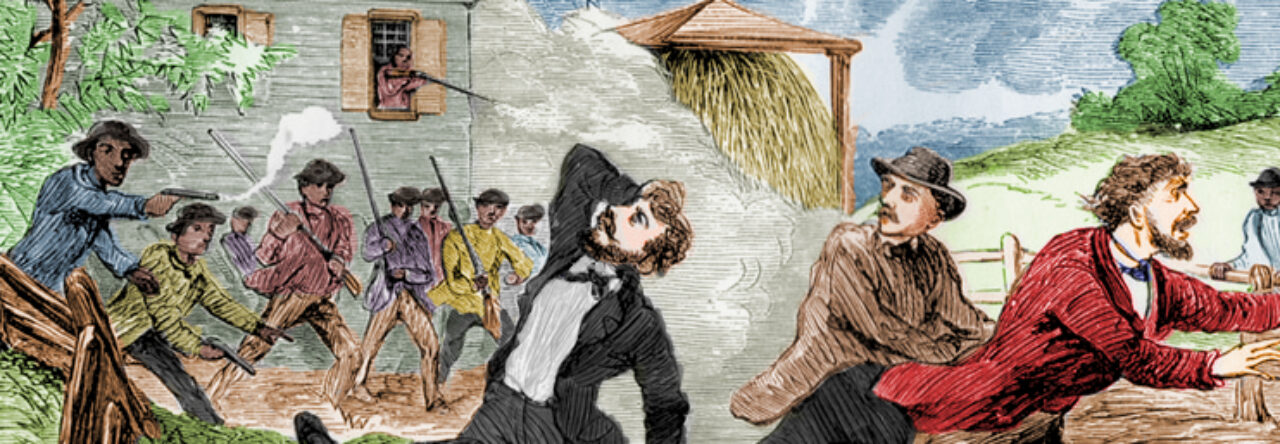Citation
Prigg v. Pennsylvania, 1842, FULL TEXT via Justia
Excerpt
…The clause of the Constitution of the United States relating to fugitives from labor manifestly contemplates the existence of a positive unqualified right on the part of the owner of the slave which no state law or regulation can in any way qualify, regulate, control, or restrain. Any state law or regulation which interrupts, limits, delays, or postpones the rights of the owner to the immediate command of his service or labor operates pro tanto a discharge of the slave therefrom. The question can never be how much he is discharged from, but whether he is discharged from any by the natural or necessary operation of the state laws or state regulations. The question is not one of quantity or degree, but of withholding or controlling the incidents of a positive right.
The owner of a fugitive slave has the same right to seize and take him in a State to which he has escaped or fled that he had in the State from which he escaped, and it is well known that this right to seizure or recapture is universally acknowledged in all the slaveholding States. The Court have not the slightest hesitation in holding that, under and in virtue of the Constitution, the owner of the slave is clothed with the authority in every State of the Union to seize and recapture his slave wherever he can do it without any breach of the peace or illegal violence. In this sense and to this extent, this clause in the Constitution may properly be said to execute itself, and to require no aid from legislation, state or national….
Related Sources
- Boston (MA) Advertiser, “Extradition of Fugitive Slaves,” March 23, 1850
- William Whipper to William Still, December 4, 1871
